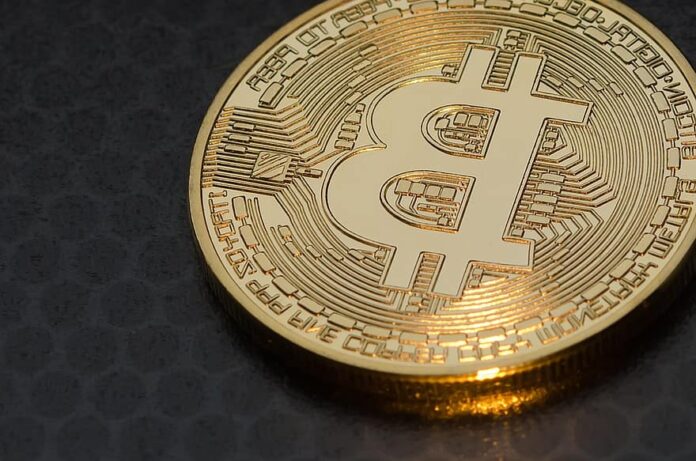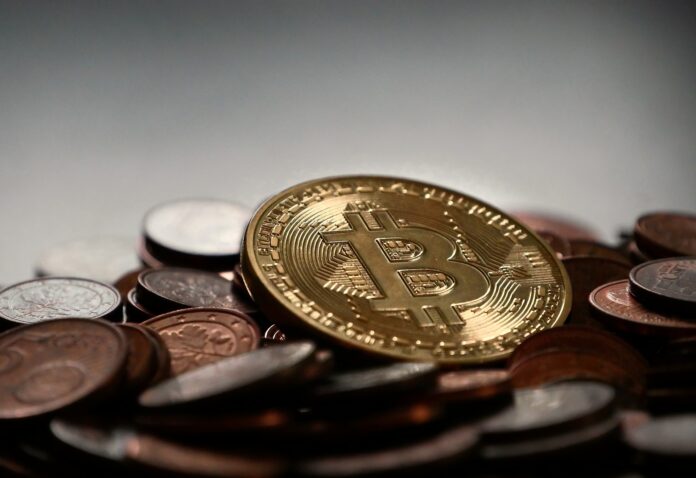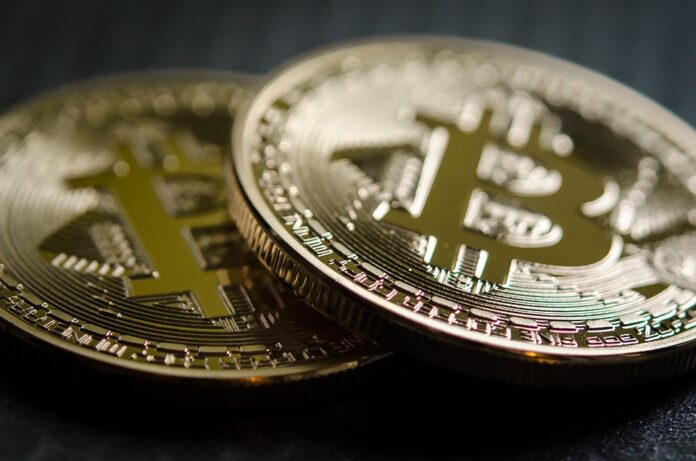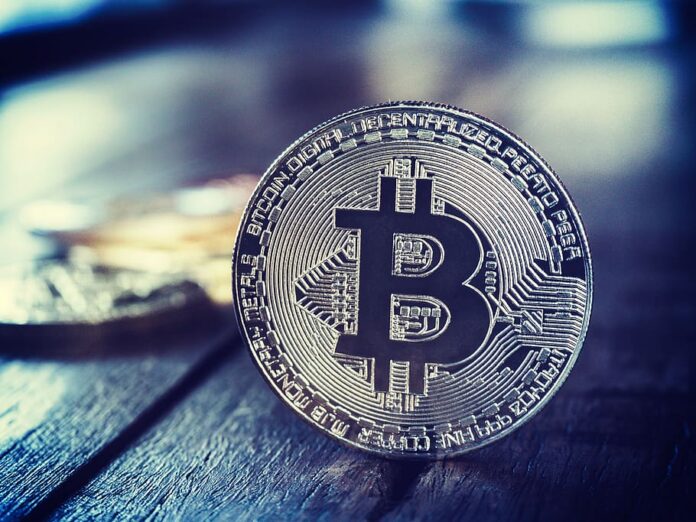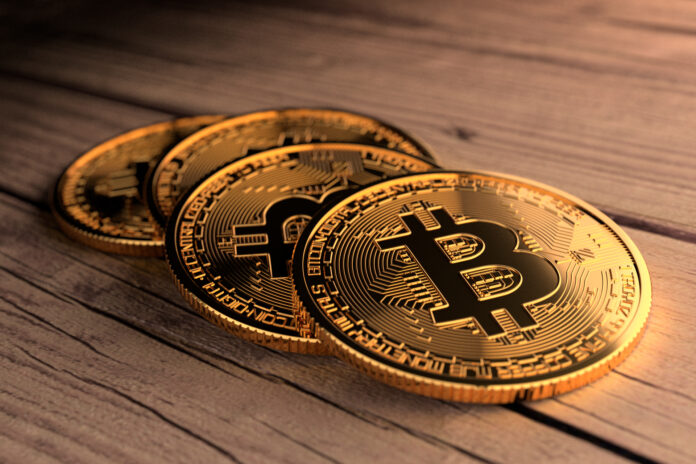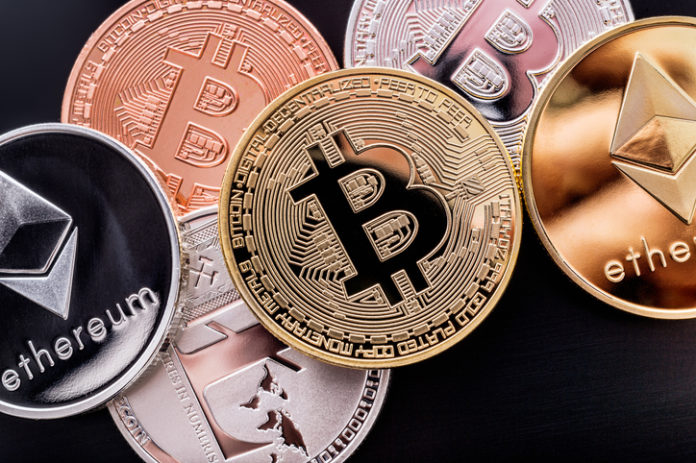According to the Officer of the Comptroller of the Currency (OCC) banks can now conduct “bank-permissible functions” including payment activities using stablecoins.
Stablecoins accepted as a payment method
The OCC published an interpretive letter addressing regulated federal banks on whether they can take part in independent node verification networks (INVN) or use stable coins. According to the letter the banks can take part as nodes on blockchains and use them to validate payments. The OCC warned that any financial institution participating in an INVN should be wary of the compliance, fraud, and operational risks. Also, the OCC added that INVNs could be more resilient compared to other payment networks because of the large number of nodes required to verify transactions which can be limit tampering.
This is a massive step for the cryptocurrency industry considering stablecoins were initially meant for use as a payment method. With the announcement, banks and financial institutions will now accept and use stable coins as a payment means similar to customers. When Bitcoin was launched in 2008 as a “whitepaper form” the idea behind it was it could be used as a means of payment of goods and services. However, this has been challenging because of the volatility associated with cryptocurrencies.
Banks changing sentiment towards crypto
According to the OCC letter, banks and financial institutions’ intermediary activities have changed in response to the changing economic needs. As a result, banks have adopted new tech to perform bank-permissible activities that include payment activities. These changing financial needs are show by growing demand in the market for quick and efficient methods of payment such as the use of blockchains to validate and records transactions including for stablecoins.
Anderson Kill law firm partner, Stephen Palley opines that he is not surprised by the newfound sentiment in crypto. Palley says that banks have often been slow to adopt new financial tech forms but in the end, they give in. He explains that the same was experienced with the internet and online banking in the 1990s, but at last, they followed protocol.







